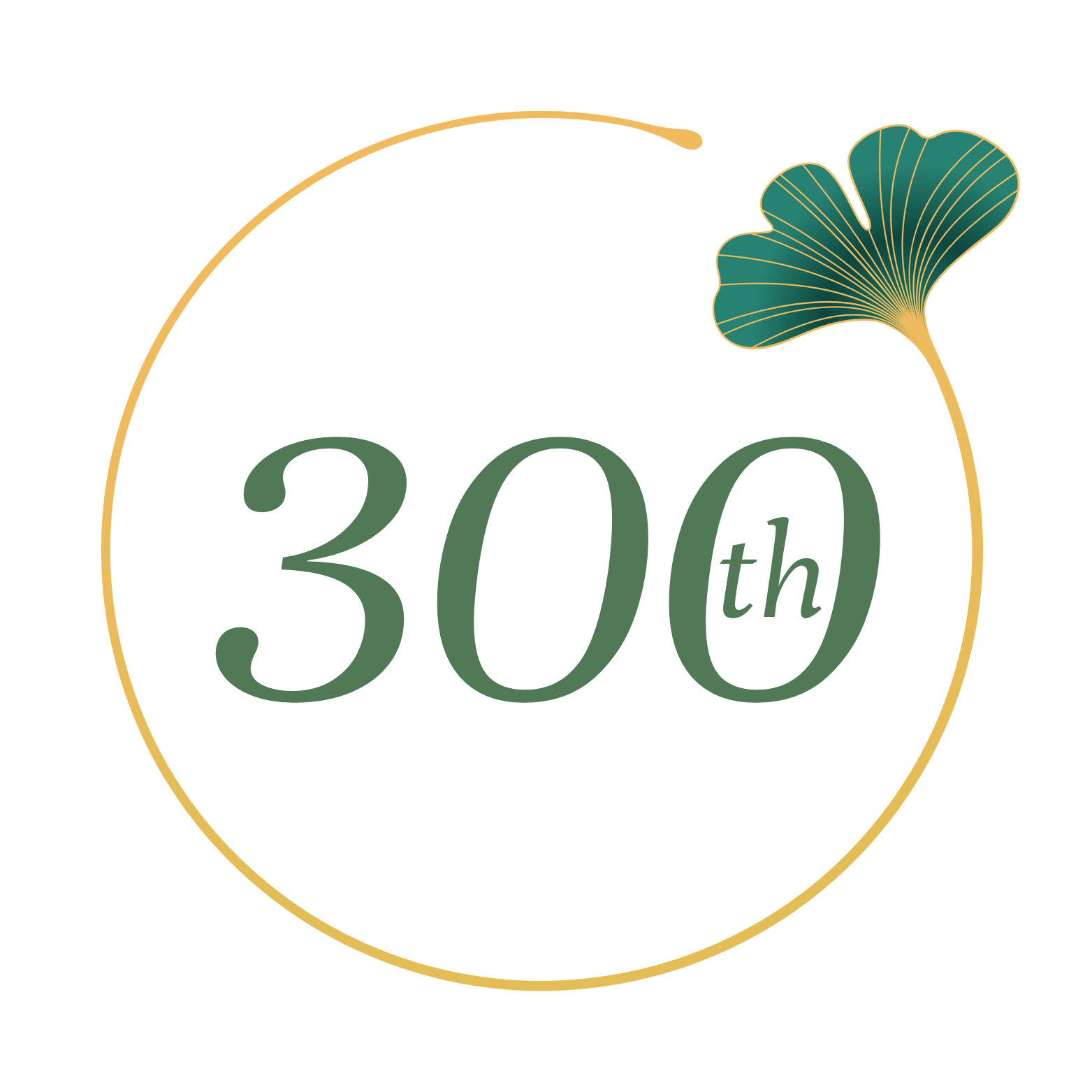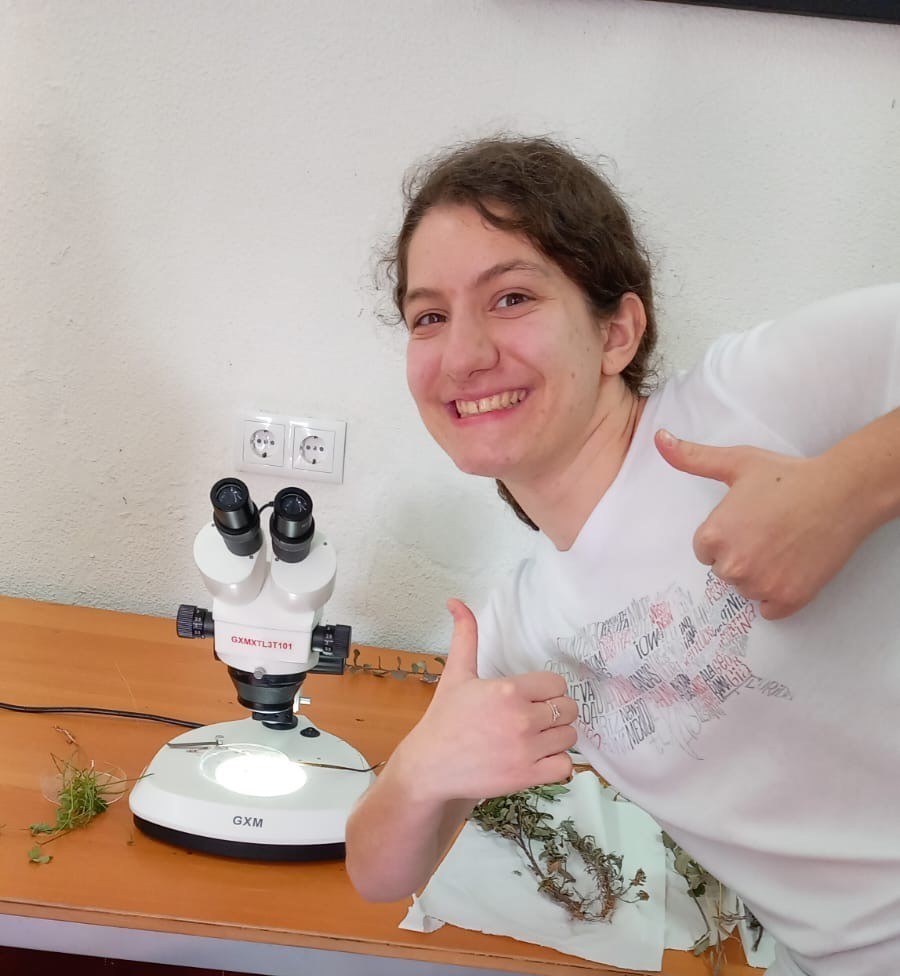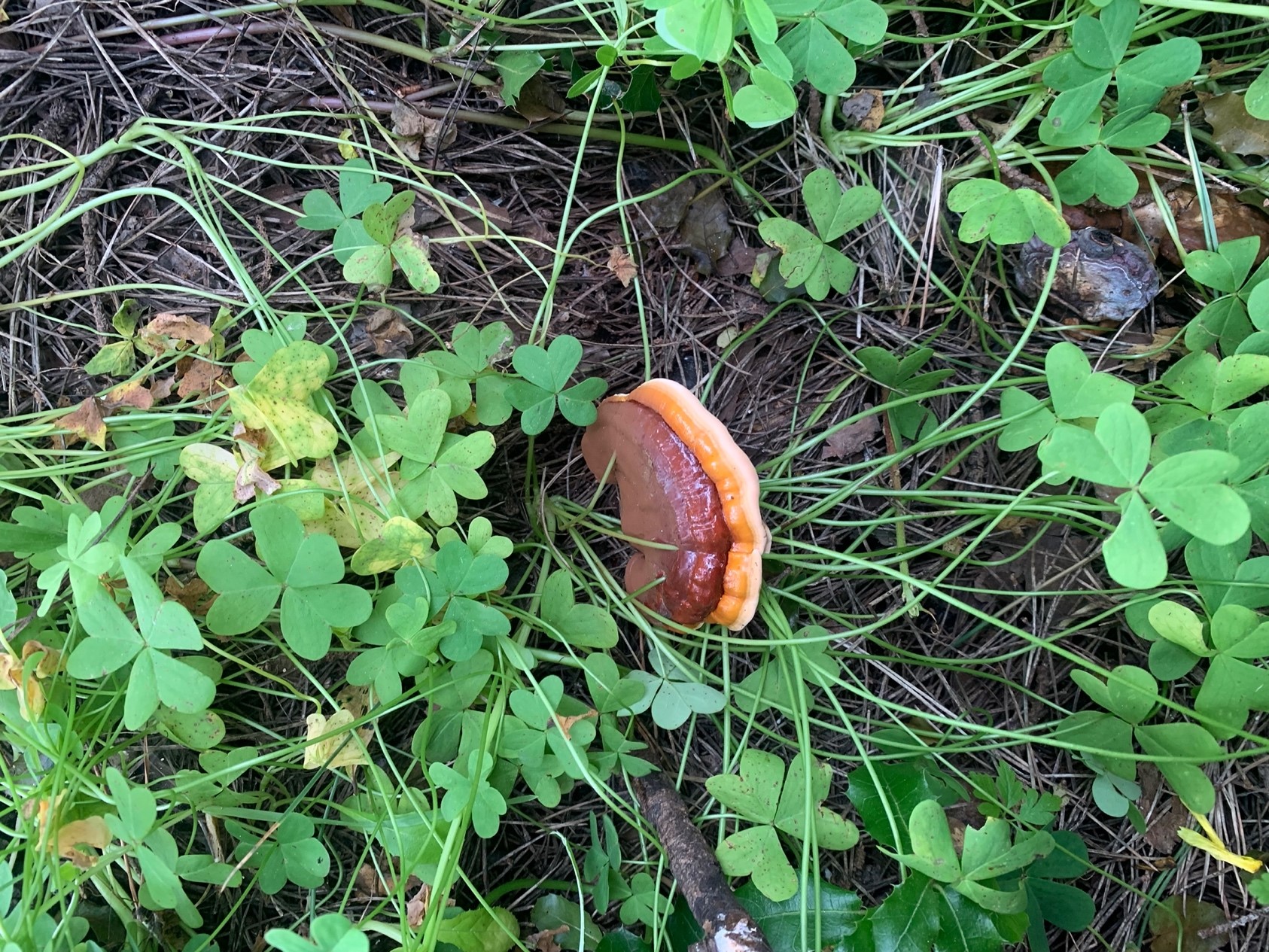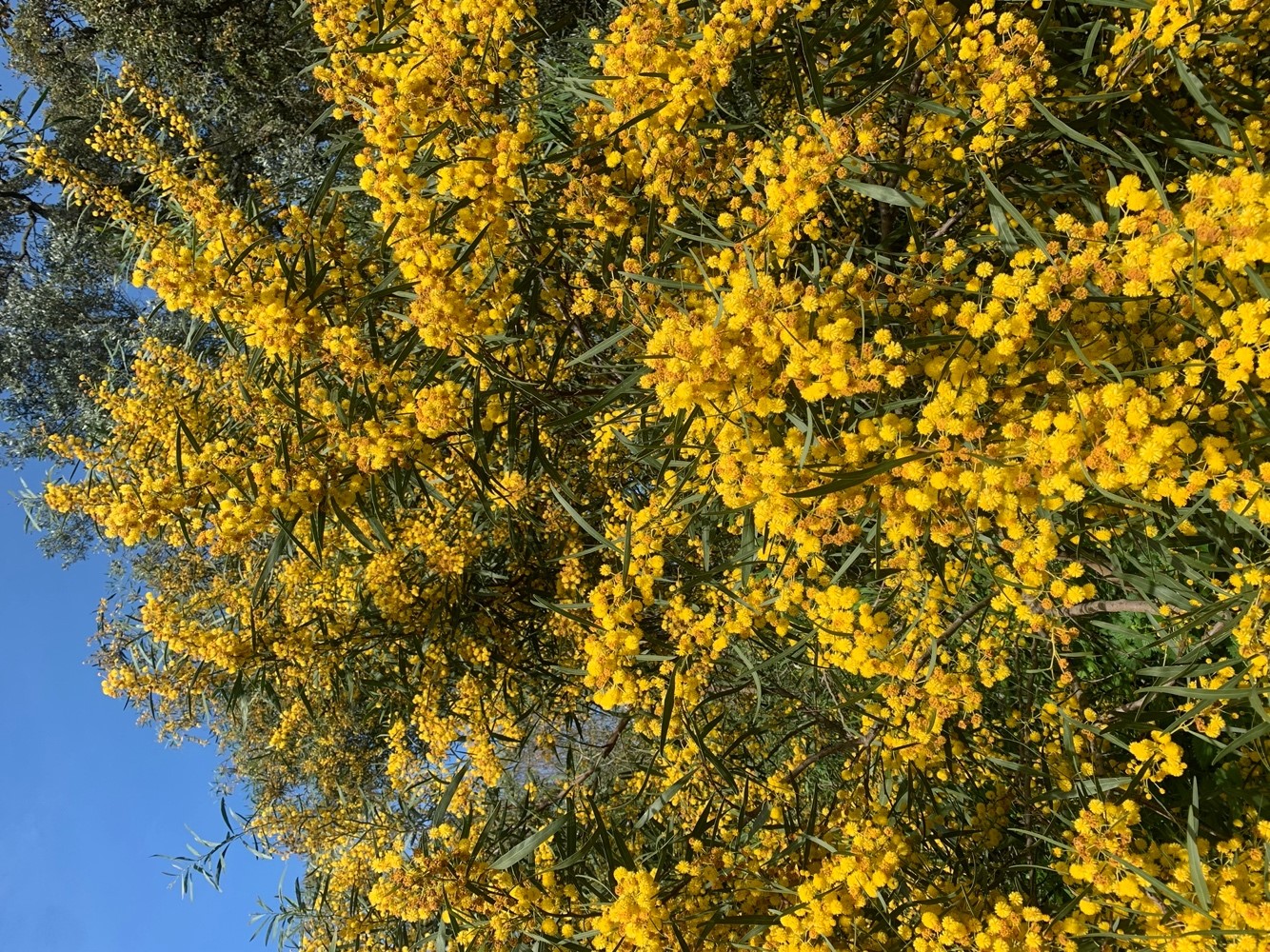Plant and Microbial Sciences Field Course: Portugal
As part of our celebrations to mark 300 years since the appointment of the first Professor of Botany, we wanted to highlight how we are supporting the next generation of plant scientists and share how you can get involved.
Undergraduate students have the opportunity to attend a one-week field course in Portugal, exciting them about plant diversity and adaptations to drought and high light, and giving them the opportunity to carry out short group research projects of their own design.
Read Sofia's story to find out about her experience on the Portugal field course.
Name: Sofia Miccolis
Graduating year: 2025
Degree: Natural Sciences
College: Girton
Why did you want to go on the field course?
I wanted to go on the field course for three main reasons: to deepen my interest, knowledge and excitement about plants, to find out more about research as a career, and to build connections with others studying my same degree. On the trip, these were all fulfilled and more!
Like many budding biologists out of high school, I thought plants were boring (I guess because they have the bad habit of not moving?), but the more I was taught in first year, the more fascinated I became as I realised there is a whole aspect of the natural world which I had been missing and which has spectacular aspects of it. Therefore, this field course was a great opportunity to see some of that in practice. For example, plants may not move but many are adapted to be able to survive fire (eg. cork oak trees) and even use it to aid their reproduction (pine nut trees) and eliminate competition in their environment (grasses).
I have also been seriously considering continuing my studies of plant sciences beyond undergraduate level and this week in Portugal was an invaluable opportunity to talk to PhD students and postdocs about their research, the highs and lows, the awesome things they get to do, and to try some of it during our mini projects. This experience has reinforced my fascination with scientific research, and given me much food for thought for what I would like to study going forward.
Finally, I had a fantastic time getting to know my cohort better, especially many with whom I will be sharing lectures and lab time next year.
How has joining the field course made you a better student/plant scientist?
The field course gives a unique opportunity to be able to go into the field and observe plants, providing a great space to learn more about them, including through identification. Recognising different families of plants and understanding their characteristics is a topic that comes up often in lectures and literature, and yet there is little opportunity to experience it within built up cities. I feel I have learnt a great deal about plant classification which will help me in my further study of plant sciences.
Overall, the field course gave me a great way of seeing the theory spoken about in lectures in real life and use some of the practical techniques in the field, all of which was really helpful revision as well as providing real life context which makes studying more tangible and easier. For example, I had a chance to see arbuscular mycorrhizal fungi interacting with plant roots of specimens collected around our field centre to supplement the lecture material on beneficial interactions, and I had a chance to use a Pulse Amplitude Modulated (PAM) fluorometre to measure chlorophyll fluorescence and photosynthetic capacity of the plant, a technique which I had found fairly complicated to understand during term time and which was elucidated much better by using it in an investigation.
What five amazing things did you learn on the course?
1. Mycorrhizal fungi do not synthesize their own fatty acids, but obtain them all from the plant with which they are in a symbiotic relationship with. Besides being incredibly interesting, this relatively new discovery means that mycorrhizal fungi can be grown in the lab more easily and so understood better.
2. The sea beet (Beta vulgaris) grows in salty environments. The lower leaves accumulate salt and die while the top leaves continue growing, allowing the plant to flourish in halophilic environments where other species can’t.
3. Secondary compounds in the leaves of sclerophyll plants, such as olive trees, create mini explosions when exposed to fire. I even got to hear them when burning a sample in a fire pit!
4. Portugal produces 60% of the world’s cork. Cork from trees exposed to wildfire can still be harvested and used in composite cork, which is often used by NASA for insulation of their spacecrafts on re-entry into the atmosphere.
5. I found a crazy cool mushroom with Oxalis plants growing through it! It was nuts! I asked around but no one had ever seen it before or knew what was going on.
How do you feel the course will help you achieve your academic goals and your future career aspirations?
This field course has been very important for me to cement my interest in science and motivate me to continue study and research within plant sciences. It has given me interesting insight into how many experimental methods work, and the types of questions which are being answered in the field at the moment. I also got a chance to run a small investigation with a group of people which was great practice of planning, executing, and troubleshooting experiments and then presenting the results. This trip has made me incredibly excited for my future career and all the cool things I could learn about plants!
More short term, the experience of the field course has helped reinforce many of the concepts taught in lectures and has been helpful to my academic studies in second year.
Would you have been able to attend the course without financial support?
I would not have been able to attend this field course without the financial support from the Department of Plant Sciences. I am extremely grateful for this opportunity to learn more about plant sciences and experience some research with less stress about finances, especially in the upcoming exam term.
What would you say to someone considering giving to the fund to support future students, to encourage them to provide financial support?
The plant sciences field course to Portugal is an invaluable experience for a young plant scientist, giving them the opportunity to explore amazing natural environments, gain research skills and insights, and set them in a great position for their research work in final year and beyond. Countless good things have come and will come from research into plant sciences, and inspiring more students in that direction can only bring benefits.




